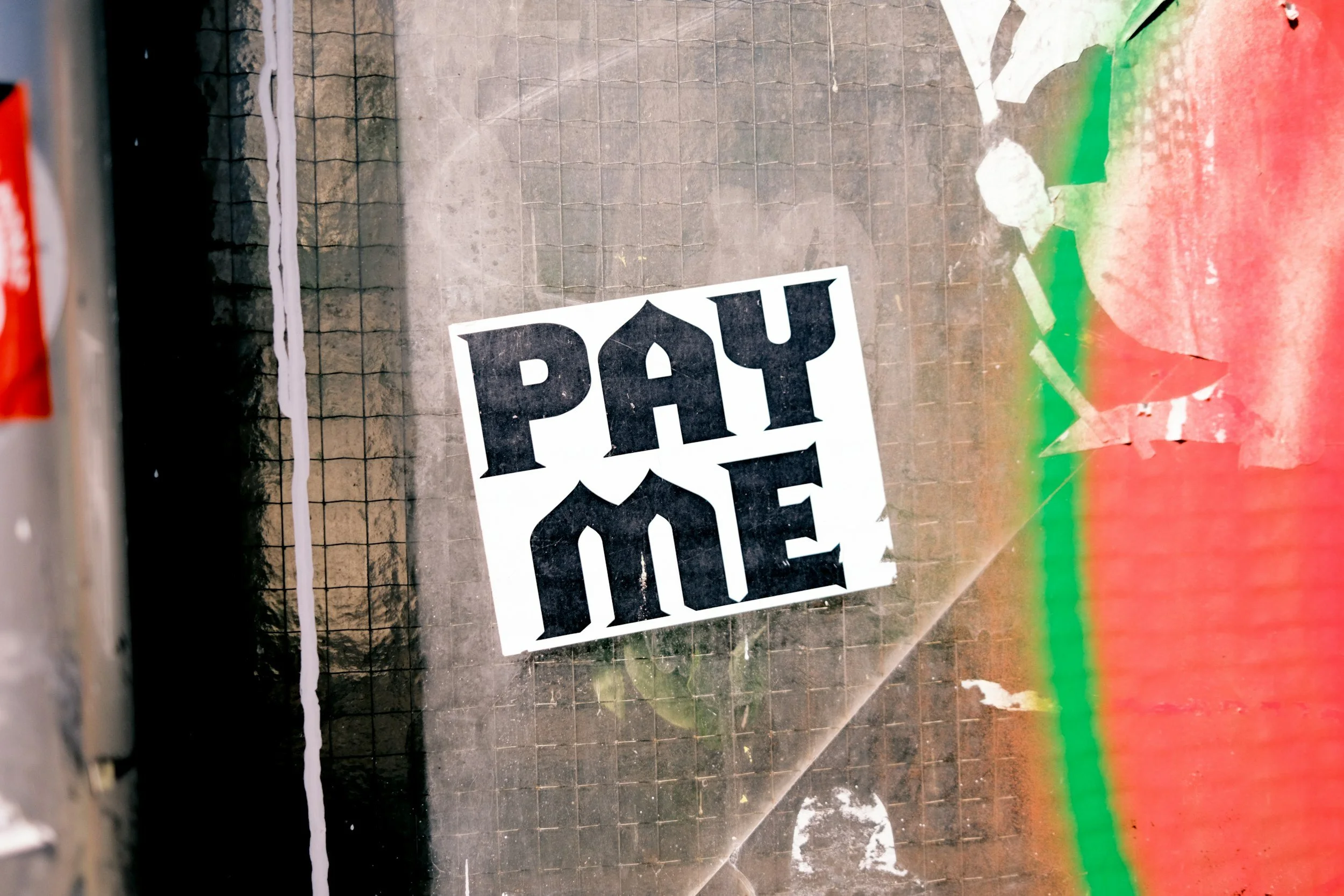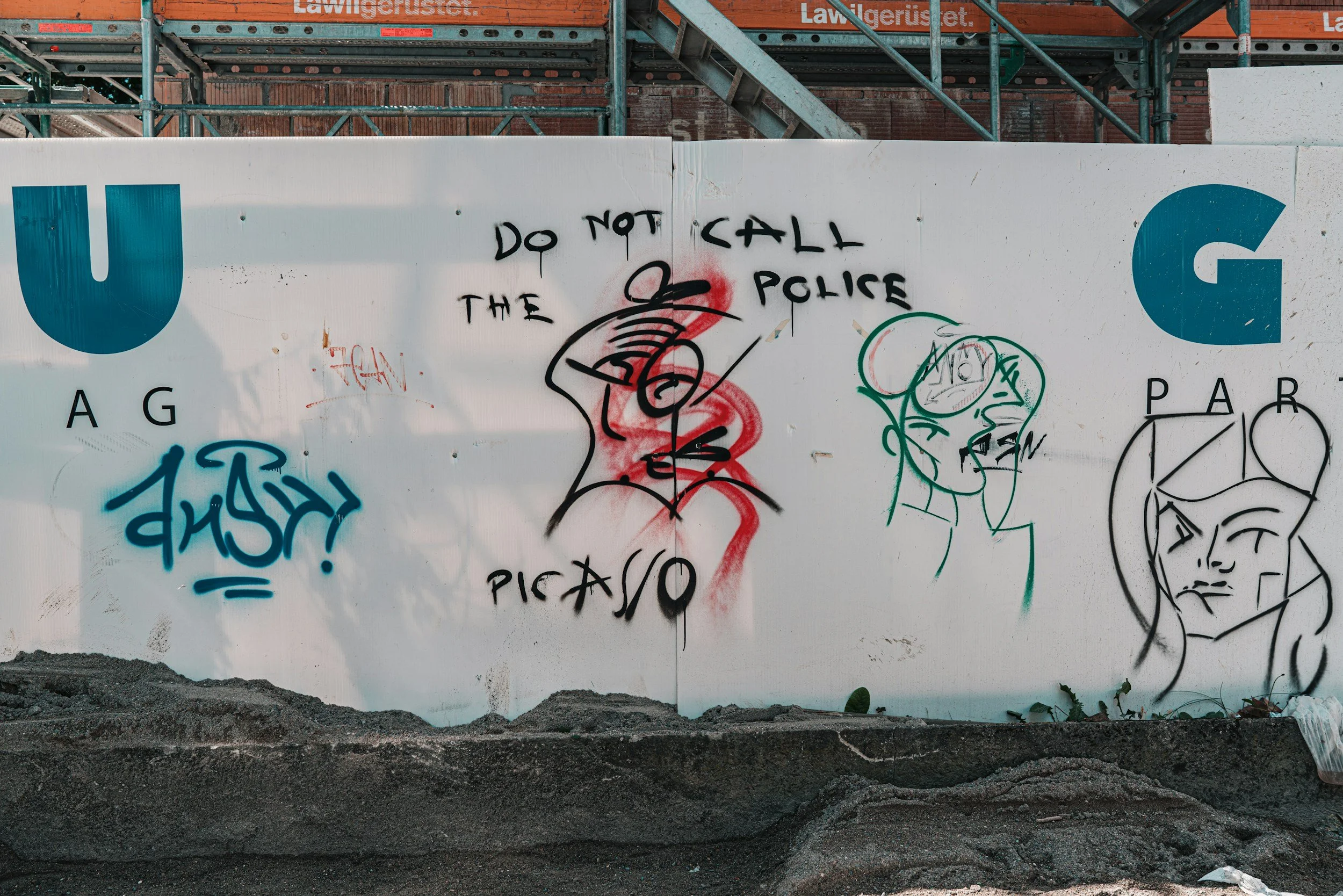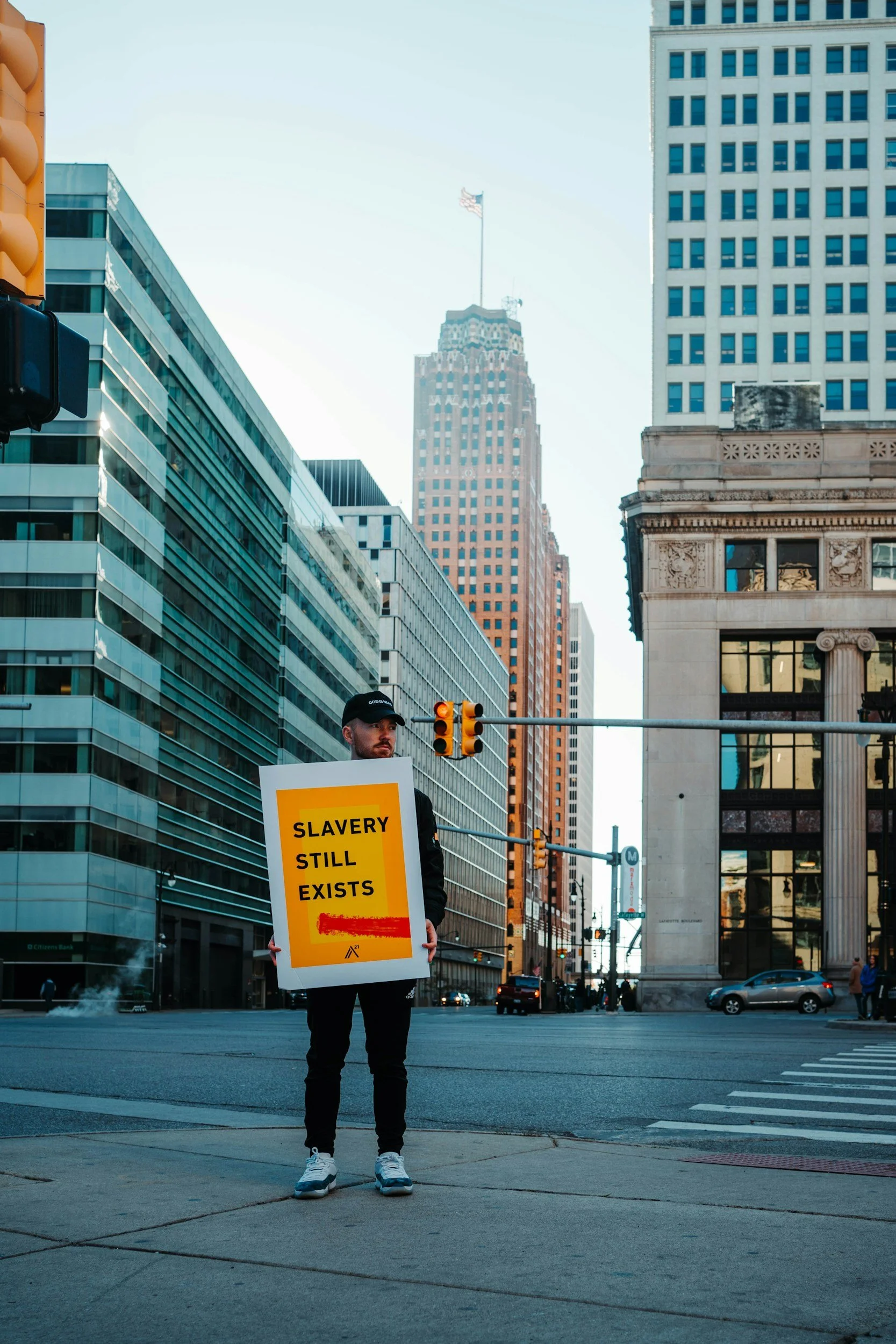
NSW Consent Laws now protect Sex Workers from Non-Paying Clients
NSW has updated its consent laws to include that where payment is a condition of consent (e.g. sex work), failing to pay can invalidate consent. The change will allow sex worker to report non-paying clients to police for sexual assault under the NSW criminal law.

The Hidden Sexual Assault You May Not Know About: Stealthing
Stealthing — non-consensual condom removal — is a hidden form of sexual assault. Learn your rights, legal options, and how to seek help in Australia.

December 2025 Update: Workplace Protection (Personal Violence) Act 2025 (SA)— Now Law in South Australia
The Workplace Protection (Personal Violence) Act 2025 came into effect on 4 December 2025, creating a new legal scheme to protect workers from violence, threats and abusive behaviour at work.

Closing the Justice Gap: Helping Australia’s “Missing Middle” Access Legal Help
Only 8% of households meet the income and asset tests for legal aid, meaning, concerning, that the "missing majority" are the nearly 40% of Australians living in poverty who are ineligible for legal aid but cannot afford private representation.

December 25’ Update: SA announces $674m Domestic Violence Response to Royal Commission
The South Australian Government has accepted 129 of the 136 recommendations made by Royal Commission into Domestic, Family and Sexual Violence either fully, in principle or in part, and committed $674 million over 10 years to wide-ranging legal, policing and court reforms.

Saab “directly linked” to harm as their missile found on traditional land
A recent investigation has found that weapons maker Saab has been “directly linked” to harm after one of its missiles was discovered on traditional Aboriginal land at Lake Hart, near the Woomera Prohibited Area in South Australia.

SA’s new ‘Street Gangs’ Law
South Australia has just passed new laws aimed at “street gangs” that defence advocates worry will prejudice young people, Indigenous Australians and criminalise social behaviour.

Where to Next for Australia’s Modern Slavery Act
The Modern Slavery Act 2018 (Cth) (MSA) came into force on 1 January 2019. In October this year, the government finished the first round of consultations to implement 25 of 30 recommendations following the 2023 independent statutory review led by Professor John McMillan AO. So what’s next for the MSA?

Law proposes to give AFP power to possess, share and use child abuse material

Victoria introduces bill to restrict NDAs in sexual harassment cases
The Restricting Non-Disclosure Agreements (Sexual Harassment at Work) Bill 2025 (Vic) was introduced to the Victorian Parliament on 29 October 2025, marking a major step toward transparency and fairness for victim-survivors in the workplace.

NSW: highest number of Indigenous deaths in custody ever recorded in a single year
In 2025, New South Wales has already seen 12 Indigenous people die while in custody, marking the highest number ever recorded in a single year.
State Coroner Teresa O’Sullivan described the milestone as “profoundly distressing,” emphasising that these are not mere statistics but individual lives, and declared that each death “demands independent and careful scrutiny.”

High Court Backs AFP Use of AN0M App in Operation Ironside
The High Court of Australia has upheld the use of encrypted-app evidence collected by the Australian Federal Police (AFP) during Operation Ironside, ruling that messages obtained through the AN0M app were lawfully used and that Parliament’s “confirmation law” validating that evidence is constitutionally sound.

ACT Expands Institutional Liability for Child Sexual Abuse
Disclaimer: This article discusses institutional child sexual abuse. If you or someone you know needs help visit the Bravehearts Support Services page for support or help accessing the National Redress Scheme.

Australia Proposes Expansion of ASIO Interrogation Powers
The federal government is moving to expand ASIO’s compulsory questioning powers. This raises serious concerns about civil liberties and legal protections.

Class Action Alleging Sexual Harassment, Violence & Discrimination by Australian Defence Force
A landmark class action has been filed in the Federal Court of Australia against the Australian Defence Force (ADF), alleging sexual violence, harassment and discrimination against thousands of servicewomen.

Proposed Commonwealth Parole Board: What this means for Federal Prisoners and the Community
The Commonwealth Parole Board Bill 2025 proposes to move parole decisions for federal offenders from the Attorney-General to an independent board. It’s not yet law — but here’s what it could mean for offenders, victims and families.

NSW Supreme Court rules NSW Police Illegally Strip Searched & assaulted woman
A NSW woman has won $93,000 after the NSW Supreme Court ruled her strip search unlawful.

Federal Court issues fine for deepfake pornography
In a first-of-its-kind case, the Federal Court has ordered a man to pay AUD $343,500 for creating and publishing deepfake pornographic images of prominent Australian women without their consent.

Tasmania Compensation Scheme for Historical LGBTQIA Convictions Explained
Tasmania will compensate people with past LGBTQIA convictions. Learn who is eligible, payment tiers, and whether other Australian states may follow.

New Queensland Law Limits Use of Character References for Sex Offenders
Queensland has changed the law on using good character references in sex offence cases. Here’s what it means for offenders, survivors, and the justice system.

